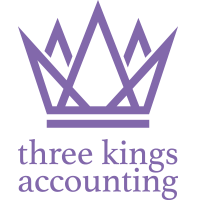New research has highlighted the significant contribution that Britain’s fastest growing smaller companies are making to the UK economy.
According to a report commissioned by Octopus Investments and produced by the Centre for Economics and Business Research (CEBR), just 1% of the UK’s businesses are fuelling 68% of employment growth and generating 36% of the UK’s economic growth.
These high-growth small businesses (HGSBs) are defined as having an annual turnover between £1 million and £20 million and with average annual growth greater than 20% over a three-year period.
The report found that, on average, these super SMEs created nearly 5,000 new jobs a week from 2012 to 2013 – which represents two out of three of all new jobs created in that time and more than 250,000 jobs across the UK altogether.


